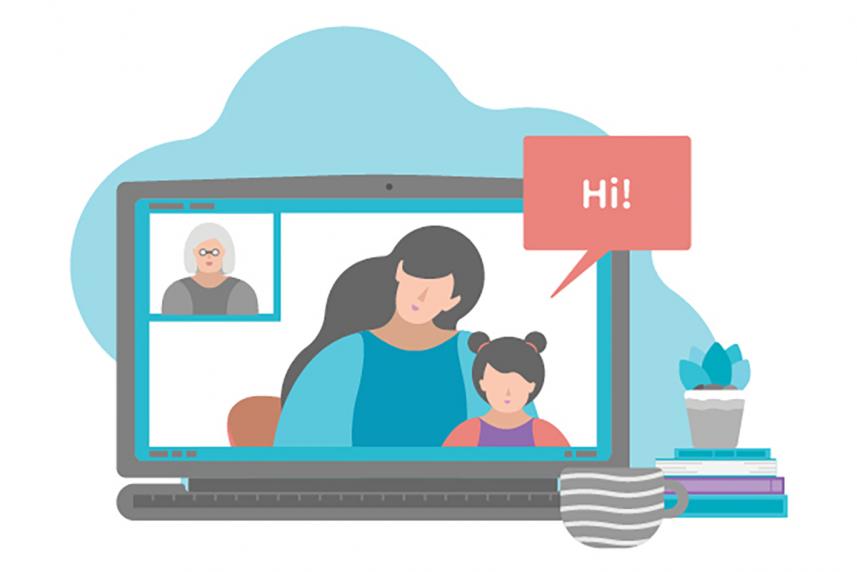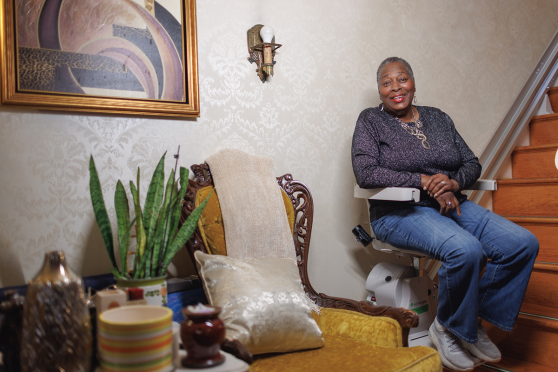It may be time to take a step back
The simple solution for coping when things seem out of hand? Find ways in which you can exert power. Try these tips.

1. Maintain a schedule
“Routines are good for your emotional health, so don’t leave your day to chance,” says Gary Kennedy, M.D., a geriatric psychologist at Montefiore Hospital in New York City. He notes that it’s important to set a schedule each day.
You don’t need to map out every minute, but establishing a few daily rituals can help. Make time for meditation each morning or set aside time to cuddle up with a good book before bed.
2. Exercise daily
Gym closed? No problem. “Go for a walk first thing in the morning before the day gets away from you,” suggests Dr. Kennedy. “Physical activity isn’t just good for your physical health — it lifts your spirits and improves your emotional health.” A recent study in the medical journal The Lancet showed that exercise increases people’s sense of self-efficacy.
3. Connect with family and friends
Months of isolation can lead to depression and anxiety — and leave us feeling that we’ve lost control of relationships that bring us joy. A 2020 study from the University of Georgia found that people with a solid social support system were more likely to engage in healthy behaviors.
Find new ways to activate your social networks. “Social distance doesn’t mean emotional distance,” explains Dr. Kennedy. “Make a phone call or schedule a FaceTime or Zoom chat. Contact is key.”
4. Cut yourself some slack
“The stress you feel isn’t an illusion or a sign of weakness,” says Dr. Kennedy. “It’s something we’re all living with. Give yourself permission to say it’s been tough. It’s important to validate your feelings and then move on.”
5. Ask for help
Still feeling as though control is slipping through your grasp? A licensed behavorial therapist can help set you up with strategies to start feeling better fast.



